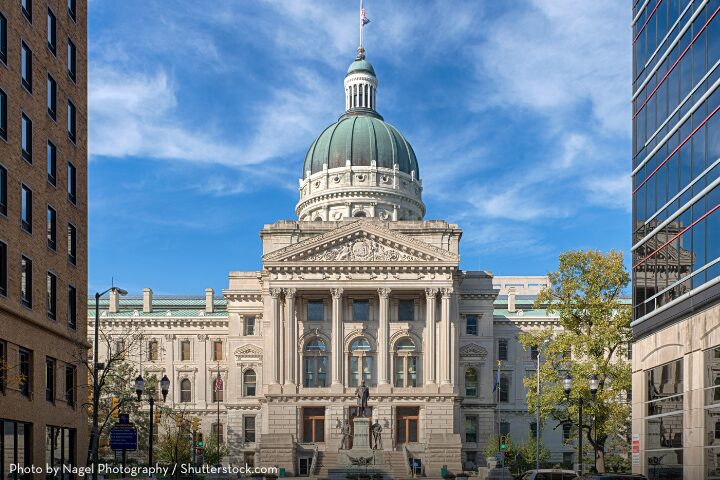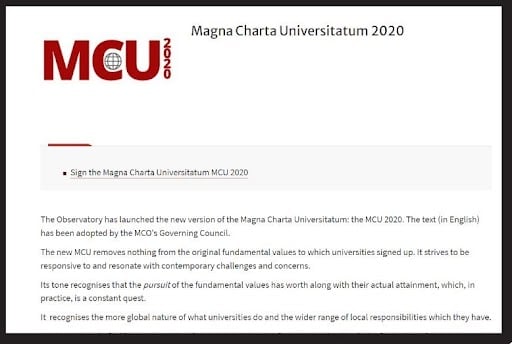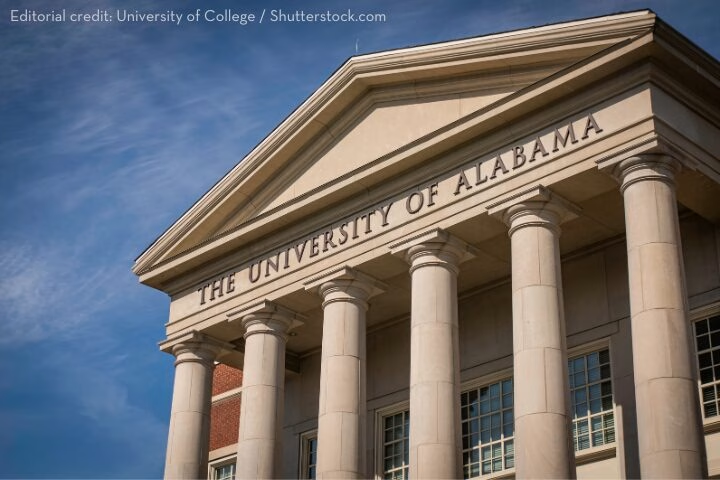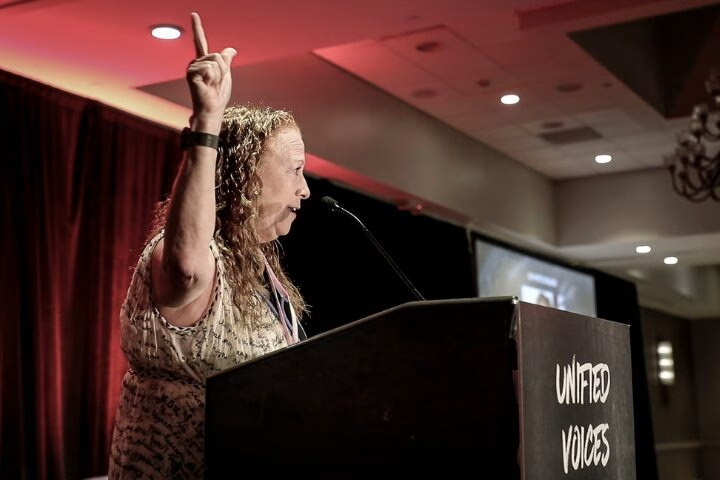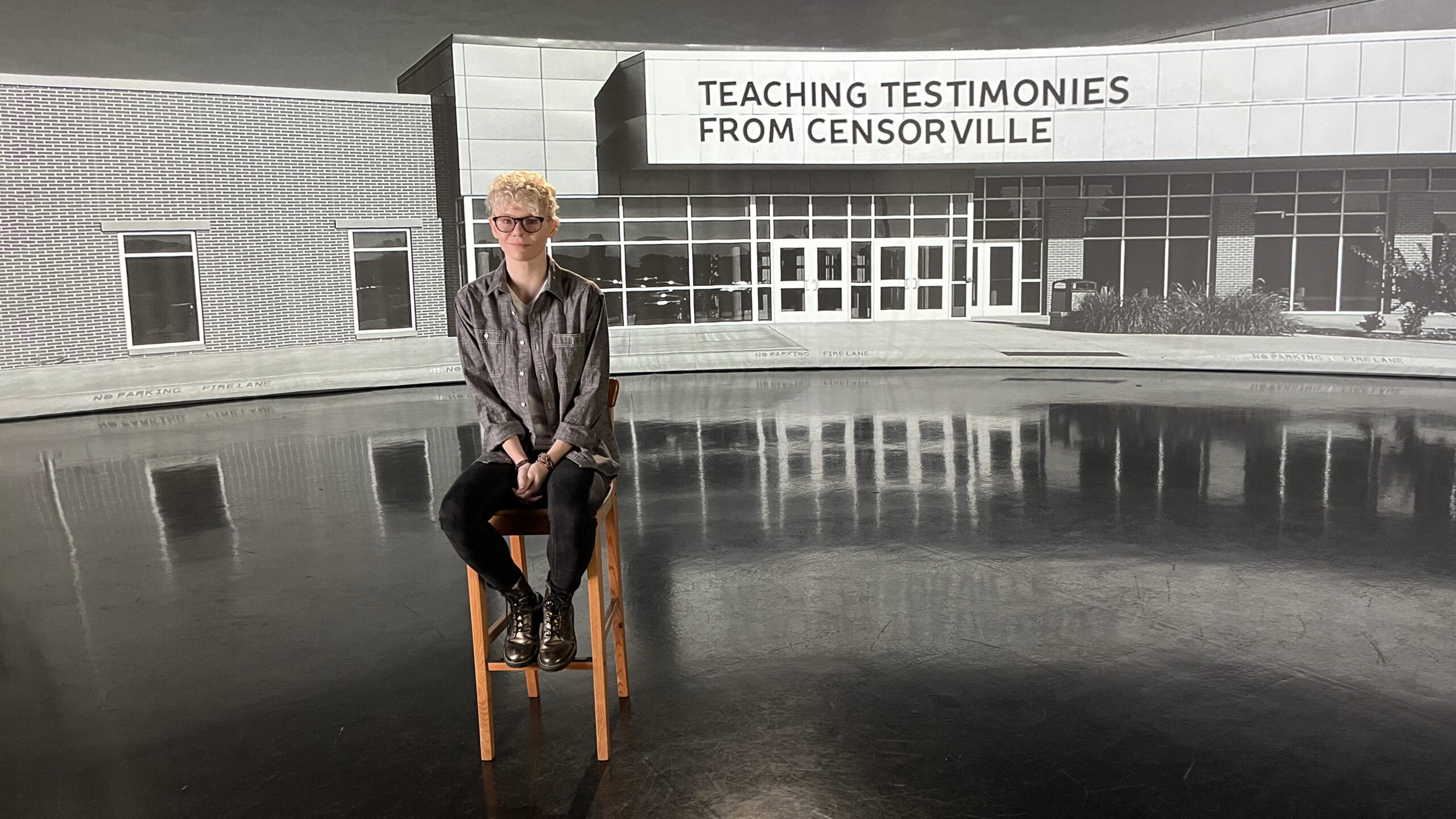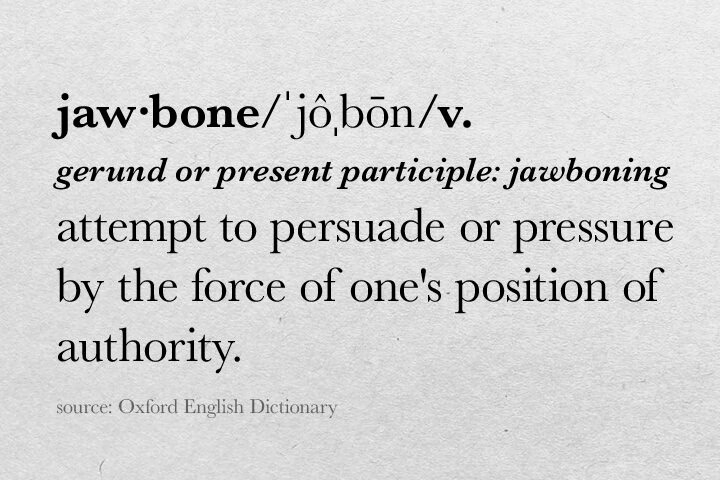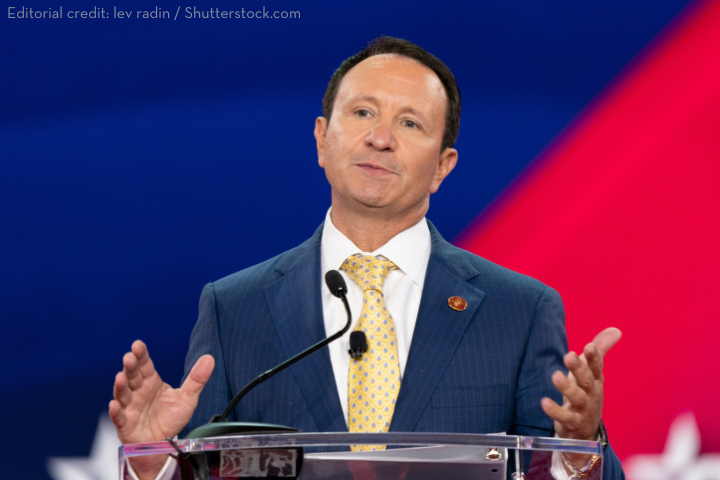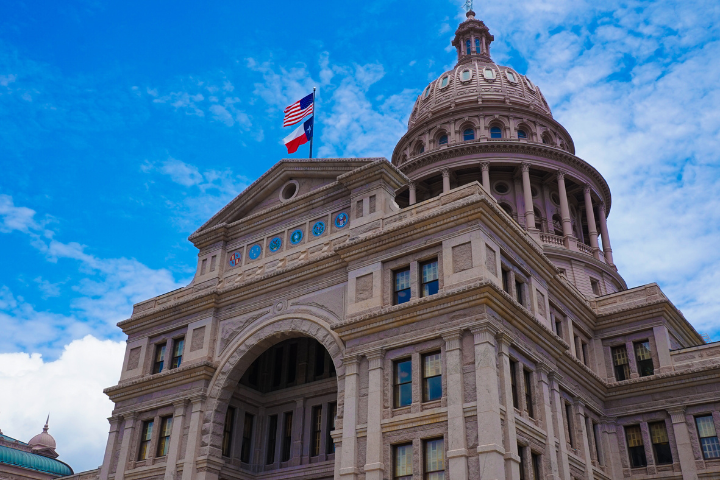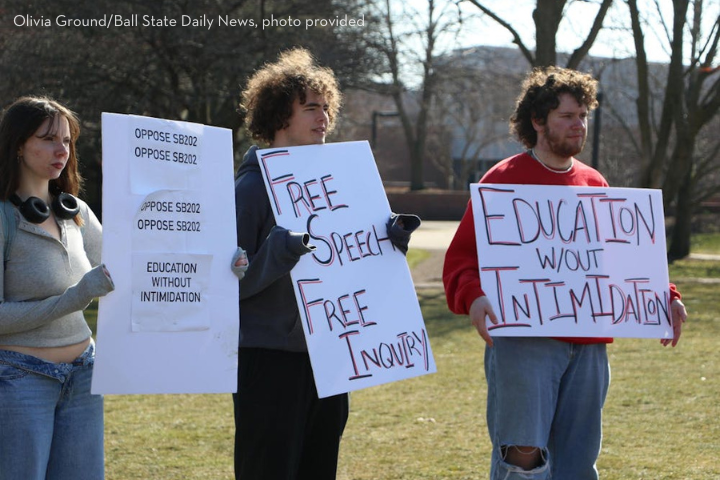As a young English professor at the University of Buffalo, Harry Keyishian was asked to sign a “loyalty” oath declaring that he had never been a member of the Communist Party. Keyishian refused and lost his job – but won something far more lasting.
Keyishian became the lead plaintiff in Keyishian v. Board of Regents, a landmark 1967 Supreme Court decision that established academic freedom as a “special consideration” that afforded professors at least as much freedom of speech as other citizens.
Justice William J. Brennan, Jr., wrote in his decision that safeguarding academic freedom is “of transcendent value to all of us, and not merely to the teachers concerned. That freedom is therefore a special concern of the First Amendment, which does not tolerate laws that cast a pall of orthodoxy over the classroom. … The Nation’s future depends upon leaders trained through wide exposure to that robust exchange of ideas which discovers truth ‘out of a multitude of tongues, [rather] than through any kind of authoritative selection.’”
The case largely overturned a 1952 decision, Adler v. Board of Education, which had held that academic freedom was outweighed by the state’s “vital concern” in regulating who “shapes the attitude of young minds towards the society in which they live.”
Keyishian is professor emeritus of English at Fairleigh Dickinson University and serves on the editorial board of FDU Press, which he directed from 1977 to 2017. It is not too much to say that his actions helped make the modern American definition of academic freedom possible.
PEN America’s Jeremy C. Young recently spoke with him about his experience. The interview has been edited for length and clarity.
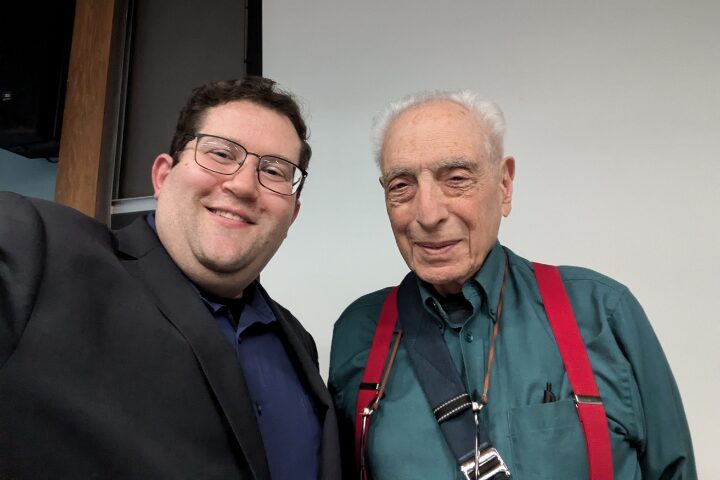
What was your reasoning when you declined to sign the loyalty oath? Was it an individual decision or something you discussed with colleagues?
The decision was accompanied by a good deal of discussion among many colleagues, especially the four other non-signers, three of whom became fellow litigants. Poet George Starbuck, working as a librarian at UB, was the first to receive and reject the Feinberg certificate, with its loyalty oath provision. Acknowledging that he had signed an oath while serving in the U.S. army, he said he would not sign “one more sweeping general promise of what I would forbid myself to think, discuss, or condone.” Ralph Maud, an English scholar of the poetry of Dylan Thomas, stated that “The university is making a fool of itself pretending to enforce a law against subversives by means of a fake certificate which asks everyone to say what they are not.” George Hochfield, a specialist in the American Transcendentalist movement, was responding to his previous experience at Ohio State University, where left wing speakers were banned. He said that having been “rolled over” by a university administration “made me determined that I would never let it happen again.” Newton Garver, a philosophy professor specializing in the works of Ludwig Wittgenstein, cited his Quaker principles, which compelled him to avoid “flattery, judicial oaths, slogans, jargon, abstractions, and hollow formalities.” [Note: the quotes above are from Marjorie Heins, Priests of Our Democracy: The Supreme Court, Academic Freedom, and the Anti-Communist Purge (NYU Press, 2013).]
For my part, I opposed the “loyalty oath” because it represented the state of mind that supported blacklists of actors, purges of dedicated government officials, and the ugly depredations of McCarthyism. I had witnessed these as a student in the early 1950s, when several admired professors at Queens College were fired mid-semester for alleged (or perhaps actual) membership in organizations deemed subversive. For me, opposing loyalty oaths was a means of opposing a suppressive atmosphere at odds with the entire academic project. It seemed necessary to oppose all mechanisms that thwarted free expression and free discussion.
I opposed the “loyalty oath” because it represented the state of mind that supported blacklists of actors, purges of dedicated government officials, and the ugly depredations of McCarthyism.
What was the reaction to the case from your colleagues?
I must stress that my colleagues, students, and even some administrators were strongly supportive of the principles we were defending. A good number of faculty who signed their loyalty oaths did so “under protest,” and I heard no convincing intellectual defense of the “security” apparatus that was being imposed on us, of which the loyalty oath was only a part. (An accompanying “statement for prospective appointees” that accompanied the oath forbade the circulation of materials deemed “subversive.”) Were political science or history professors who assigned students to read The Communist Manifesto risking their jobs or having to censor and limit what they might ask or say about the document? The security process as stated seemed dense with ambiguities and traps. These dangers were, I believe, generally understood. Students traveled to Albany to protest SUNY offices. I believe, in fact, that members of the university administration conspired to help us mount our challenge. For example, the letter that informed me that I was not being rehired for the following year cited my refusal to sign the loyalty oath as the only reason for the university’s action—that otherwise, the job was mine if I wished it. That letter was the foundation for the litigation, as it identified the single cause to which we litigants had objected. The university was not obliged to give a reason for not renewing me; they chose to do so. I think we all, in one way or another, conspired to challenge and defeat this threat to free thought and free debate.
You and your colleagues came out against the Feinberg law at your own peril, and you lost your job because of it. What did it mean to you to pay that price? Did you ever have second thoughts?
You might be disappointed in my answer. I really cannot claim any special personal heroism in the matter. At that point in time—hard as it might be to believe now—PhDs were in demand and I felt (correctly, as it turned out) that getting a job at a private college was not going to be difficult. In fact, the following year (after I had received my PhD), I had two job offers, and selected Fairleigh Dickinson University because it was closer to New York. I wish I could play the hero in this matter, but I never feared that I was giving up my academic career. I was just losing a job (in a very good cause.)
The “case” went on its way through the courts, ferried along by our wonderful attorney, Richard Lipsitz, and required no further input (cash or comment) from me. I met my wife Marjorie at FDU—a poet, fiction writer, and journalist—and we raised four daughters. When the news was announced early in 1967 that we had prevailed, of course it was pure joy and vindication for us. The full text of Justice Brennan’s ruling was reprinted in The New York Times, which favored the ruling, while the Herald-Tribune opposed it. My four colleagues and I (each settled safely somewhere) congratulated each other, and life went on.
In an interview with Bill Moyers in 1987, you and George Hochfield discuss the bill of rights and the constitution and how it serves as a “home to which we return.” When you look at the censorial state legislation, and possible federal legislation, that is being discussed today, do you think that the constitution will prevail in the way that it did with your case in the 1960s?
I am not at all confident that the traditional “guard rails” of the Constitution, the Courts, and Congress will hold strong in the near future. The incoming president has already shown disdain for a number of established practices and standards—attempting to thwart the legal transfer of power, ignoring conflict of interest standards, and threatening a number of unconstitutional orders on “Day One” of his term in office. I see little evidence, so far, that Congress or the courts will effectively defend the Constitutional principles and practices he threatens to abuse. For the near future, the most effective “guard rails” against tyranny will be found outside of government, through organizations like AAUP, ACLU, the American Library Association, the Brennan Center for Justice, FIRE, and—of course—PEN America.
In Justice William J. Brennan’s decision, he famously writes, “Our Nation is deeply committed to safeguarding academic freedom, which is of transcendent value to all of us, and not merely to the teachers concerned. That freedom is therefore a special concern of the First Amendment, which does not tolerate laws that cast a pall of orthodoxy over the classroom.” Did you expect that kind of language coming out of the decision? What did it mean to you?
The language expressed what we litigants wished it to, and more. To a stout defense of the First Amendment, it added an acknowledgment of the special—Brennan says “transcendent”—place that academic freedom holds in the advance of knowledge. Responding to Justice Tom Clark’s dissenting opinion that the decision imperiled the nation’s security, Brennan answered that the surest way to prevent violent conflict was to cultivate debate and to strengthen the political processes that makes peaceable change possible. His faith in the Enlightenment Era certitudes that underlie the U.S. Constitution remains a faith I continue to hold.
I was very touched to read, in a New Yorker piece by journalist Nat Hentoff, that Justice Brennan had watched the Moyers interview when it was broadcast, and had expressed concern for us litigants, pointing out that he rarely saw the actual people behind the names on the legal documents he made judgments on. Just imagine! William Brennan sending us good wishes 20 years after the ruling! What an honor.
What similarities do you see between your situation at the University of Buffalo and the legislative trends PEN America has chronicled that restrict higher education today?
I would draw a parallel between the chilling effects of the McCarthy and “red scare” era of the 1950s and today’s book bans. In both instances, the aim is to intimidate those who wish to seek information, to think and draw conclusions freely from their evidence and analysis, without fear of political consequences. I am actually gloomier about the prospects of freedom today than I was in the 1960s, when the tide of rebellion, messy as it was, was upward. I fear that the forces of repression today may be stronger, based on the behavior and character of our courts, congress, and the forthcoming executive branch.
I take comfort in the belief that when you give American students a list of forbidden books, you have simultaneously provided them with a reading list.
I am actually gloomier about the prospects of freedom today than I was in the 1960s, when the tide of rebellion, messy as it was, was upward.
Some of the legislators who have introduced laws that PEN America terms “educational gag orders,” which censor speech on college campuses, claim that their proposed legislation will actually protect freedom of speech by ensuring that a certain viewpoint doesn’t dominate. What are your thoughts on that?
I think that “gag orders” are the wrong way to go. They will only lead to further conflict and bring us no nearer to solutions. However, I also feel strongly that student concerns about world issues can be expressed, discussed, and contested by means other than sloganeering, sign-waving, taunts, and encampments. I am convinced that campus debates would benefit from being contained within the frameworks provided by such initiatives as the Chicago Principles (from the University of Chicago), Bridge USA, Braver Angels, and other good faith organizations that seek to foster actual consideration of the complex moral, cultural, and political challenges of our day.
If your case had been brought up today, as opposed to in the 1960s, do you think the outcome would be different?
I fear that the present majority of SCOTUS justices wish to return to the dark times of the 1950s, and perhaps create something worse with regard to the Executive branch, to which they have granted powers unknown before in constitutional history. I see little sign that the current SCOTUS majority of six is really committed to the constitutional protections and principles that we have grown to accept and cherish in America over the years of our national existence.
Tell me a bit about your career since the decision was handed down.
My scholarly interests have been wide, but my main areas of specialization at FDU have been Shakespeare and film. My 1995 book The Shapes of Revenge dealt with Shakespeare’s treatment of victimization and revenge in his comedies, tragedies, and histories. Screening Politics (2003) dealt with the shifting image of the politician in American movies. I have written a book on the English novelist Michael Arlen and published an essay collection on the American author William Saroyan. By a rough count, I have published about 40 articles in my scholarly career, on a range of subjects, and reviewed books widely in scholarly journals and for Book World of the Washington Post/Chicago Tribune.
From 1976-1986, I was co-editor of The Literary Review, a journal of fiction and poetry published by FDU. From 1977-2017 I had the privilege and pleasure of serving as Director of the Fairleigh Dickinson University Press, publishing an average of 25-30 scholarly books each year.
For 25 years, from 1991-2017, I organized and conducted a daylong Shakespeare series at FDU each October, featuring invited scholars from across the nation.
I would say loudly that the costs of silence and submission are high, both for scholarship and for teaching, as well as for the future of our democracy. Upon students, scholars, and concerned citizens of our day will fall the task of reviving democracy for future generations.
What would you say to faculty today considering speaking out about legislative or university threats to academic freedom, but afraid they might face professional consequences for doing so?
I won’t presume to give people advice on how to conduct themselves under threat, or what risks to take, but I would say loudly that the costs of silence and submission are high, both for scholarship and for teaching, as well as for the future of our democracy. Upon students, scholars, and concerned citizens of our day will fall the task of reviving democracy for future generations.
Thanks to Clare Carter for facilitating this conversation and contributing questions.

